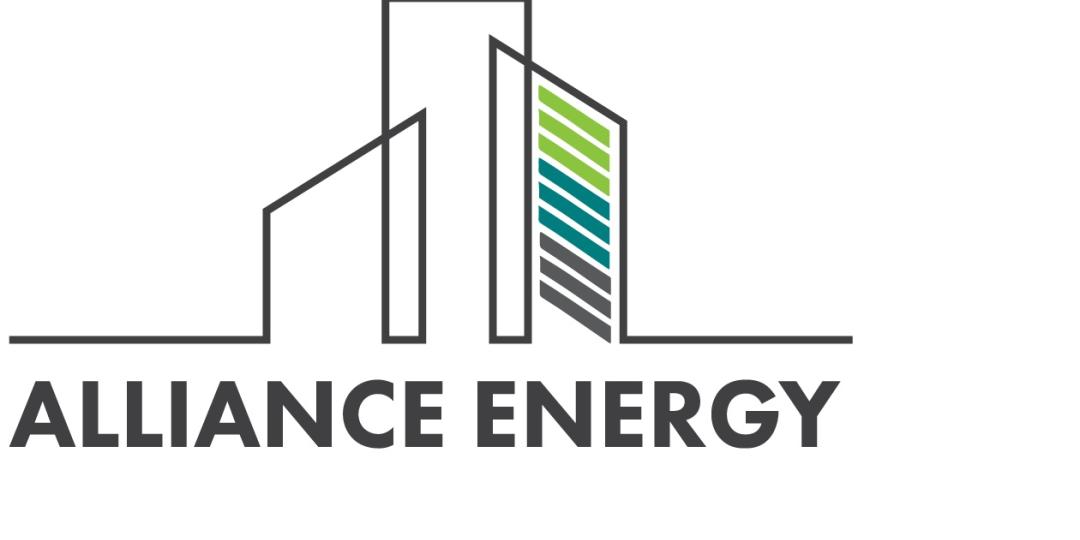Owners of buildings in South Africa have less than a year left to obtain and prominently display an Energy Performance Certificate (EPC) in the foyer of their building or risk a fine of R5 million, five years imprisonment or both, as defined in the regulations gazetted on 8 December 2020 and apply until 7 December 2022.
The South African National Energy Development Institute (SANEDI), which maintains an EPC register on behalf of the Department of Mineral Resources and Energy (DMRE), has urged building owners to take all necessary steps to comply with EPC regulations, emphasising that compliance affords them, and the country, a range of benefits.
An EPC must be issued by a South African National Accreditation System accredited Inspection Body.
Alliance Energy, a Level 1 B-BBEE and 100% Black Woman Owned organization, is the 2nd SANAS accredited Inspection Body (EPC0004) for the issuing of EPCs. They employ a customized proprietary software for an efficient end to end process, is the only fully dedicated EPC provider and operate nationally.
As a new local industry, a large part of the market require education and hand-holding to understand and successfully navigate the requisites to ultimately achieve the best possible energy performance level. Alliance Energy understands the impact of accurate assessments on their client’s competitive advantage and the difference it can make to drive a building’s energy efficiency, and is therefore fully committed to exceptional performance and delivery to their clients.
With many thousands of buildings to be rated, inspection bodies will almost certainly need to employ significant numbers of individuals to assist them in gathering the required data, measurements and related information, for their final review and sign-off.
Compliance with EPC regulations will enable building owners to identify where they could introduce energy efficiency measures that would, in turn, save them money and possibly increase the value of their buildings. An energy-efficient building is generally a better environment in which to work and is significantly less expensive to run, so an owner can potentially justify a higher price if they want to sell or impose a higher rental for office space.
The more energy-efficient buildings become, the more they will contribute to taking electricity demand off the national grid. This could help to ease load shedding, and by reducing carbon emissions, building owners will be helping South Africa meet its international obligations to combat climate change.
Who needs a certificate?
Regulation requires that owners of four categories of buildings must obtain an EPC, which in general terms, gives a building a rating based on the amount of energy consumed per square metre (m2).
The categories that currently need to comply are offices, entertainment facilities, educational institution buildings, and places of public assembly such as sporting facilities and community centres. The regulations apply to government buildings of more than 1000 m2 and privately-owned buildings of more than 2000 m2.
An accurate figure of the number of buildings covered by the regulations is not available but estimates vary between 150 000 and 250 000 buildings that need to comply with the regulations.
An EPC rates buildings on a scale of A to G in a similar way to how appliances are rated for their energy efficiency. A D-rating is the benchmark rating that is in line with the national building regulations.
The primary objective in obliging building owners to obtain EPCs is to make them aware of their energy consumption and encourage them to be more energy efficient if their EPC rating is poor i.e., Levels E to G.
Buildings are responsible for between 30% and 40% of carbon emissions worldwide. EPC programmes are commonplace in many parts of the world and some cases even extend right down to the level of residential buildings, and they are one of many energy efficiency measures currently being implemented to drive down fossil fuel consumption and carbon emissions worldwide.
Contact Alliance Energy, contact@aepc.co.za, www.aepc.co.za















